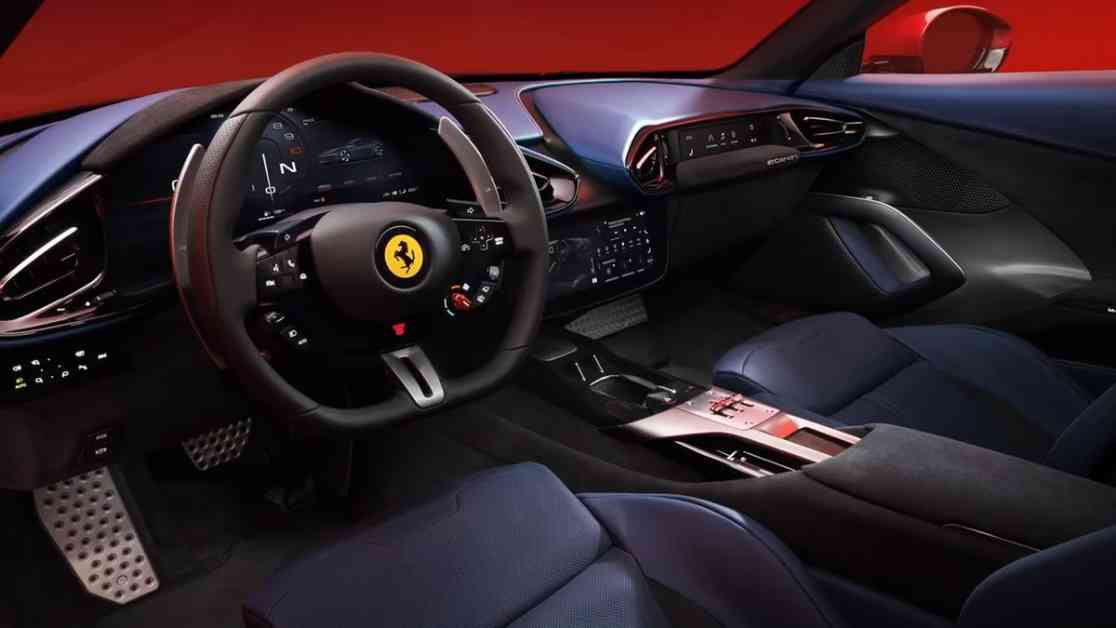Ferrari recently made headlines by announcing that they will be removing built-in satellite navigation from some of their upcoming models, such as the 12Cilindri and Purosangue SUV. According to Ferrari’s head of product marketing, Emanuele Carando, the decision was made because they believe that using a smartphone for navigation is more user-friendly and up-to-date than traditional built-in systems.
This shift in focus from built-in navigation systems to smartphone integration reflects a larger trend in the automotive industry. A recent survey in the US found that many consumers prioritize smartphone integration when choosing a vehicle, highlighting the decreasing demand for manufacturer-installed navigation systems.
Automakers are facing challenges in keeping up with the rapid pace of technological advancements. The development cycle for automotive technologies typically takes between 24-36 months, leading to outdated systems by the time a vehicle is released. As a result, more manufacturers are turning to Android and Apple iOS for infotainment solutions, with companies like Porsche and Aston Martin prioritizing Apple CarPlay in their vehicles.
While some automakers, like Tesla, have opted to develop their own navigation systems instead of relying on Apple CarPlay and Android Auto, the trend seems to be shifting towards greater integration with popular smartphone platforms. The next generation of Apple CarPlay promises improved connectivity with vehicles, allowing users to control functions and access settings without leaving the system.
Ultimately, tech companies like Apple and Google have proven to be more adept at keeping their operating systems up-to-date compared to traditional automakers. By outsourcing navigation systems to these tech giants, manufacturers like Ferrari can focus on their core strengths of designing and producing high-performance vehicles.
In a rapidly evolving industry where automotive and tech intersect, it is crucial for manufacturers to adapt to changing consumer preferences and technological advancements. Ferrari’s decision to forego built-in navigation in favor of smartphone integration is a clear example of this shift in focus towards more user-friendly and up-to-date infotainment solutions.
